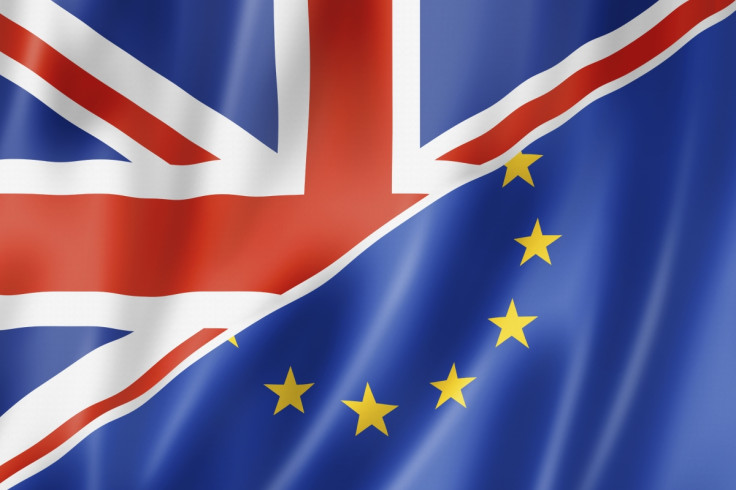EU referendum: Brexit and 'Project Fear' campaigns running neck and neck says YouGov poll

New poll data has shown that the 'Leave' and 'Remain' campaigns are neck and neck. 38% backed a Brexit, with 37% wishing to remain, while 25% are undecided or not planning to vote.
Excluding the undecided voters, this gives 51% wanting to leave the EU and 49% wanting to stay, figures that are a lot closer than they were at the beginning of February. The Times/YouGov poll surveyed 3,482 between 21 and 23 February.
The results suggest that 'Project Fear' is working – the label given to attempts to alarm the British public over a possible Brexit. It also appears to show that Boris Johnson coming out in favour of Brexit has had little immediate effect.
The newspaper reported that David Cameron's EU renegotiation was supported by an overwhelming majority, with two thirds backing the "emergency brake" on welfare payments for new arrivals, reducing child benefit for new migrants and protecting Britain from rules intended for the eurozone.
Some 34% said Cameron's deal represents "major" or "significant" change to Britain's relationship with Europe, 33% said it is "not very much" of a change, and 12% said it represents no real change at all.
Writing in the Daily Telegraph, renowned political scientist John Curtice said that both Leave and Remain have arguments that resonate with the public.
He said that nearly two thirds of voters "are essentially Eurosceptics" in that they either want to leave or remain in the EU, but want to reduce its powers. However, 30% think the UK should leave.
He cited the results of the NatCen's British Social Attitudes survey which showed that 47% think that Britain's distinctive identity is being undermined by the country's membership of the EU, while 57% reckon that immigration would be lower if the UK left.
The survey, carried out over four months in face-to-face interviews with more than 3,500 people before Cameron's renegotiation, also showed 36% of Britons believe the UK's influence in the world would be diminished if it left the EU, while 40% feared the economy would be worse off.
On Wednesday (24 February) Cameron will warn the UK would be more vulnerable to outside threats if it voted to leave, with senior military figures also voicing alarm over the consequences of Brexit.
© Copyright IBTimes 2025. All rights reserved.






















